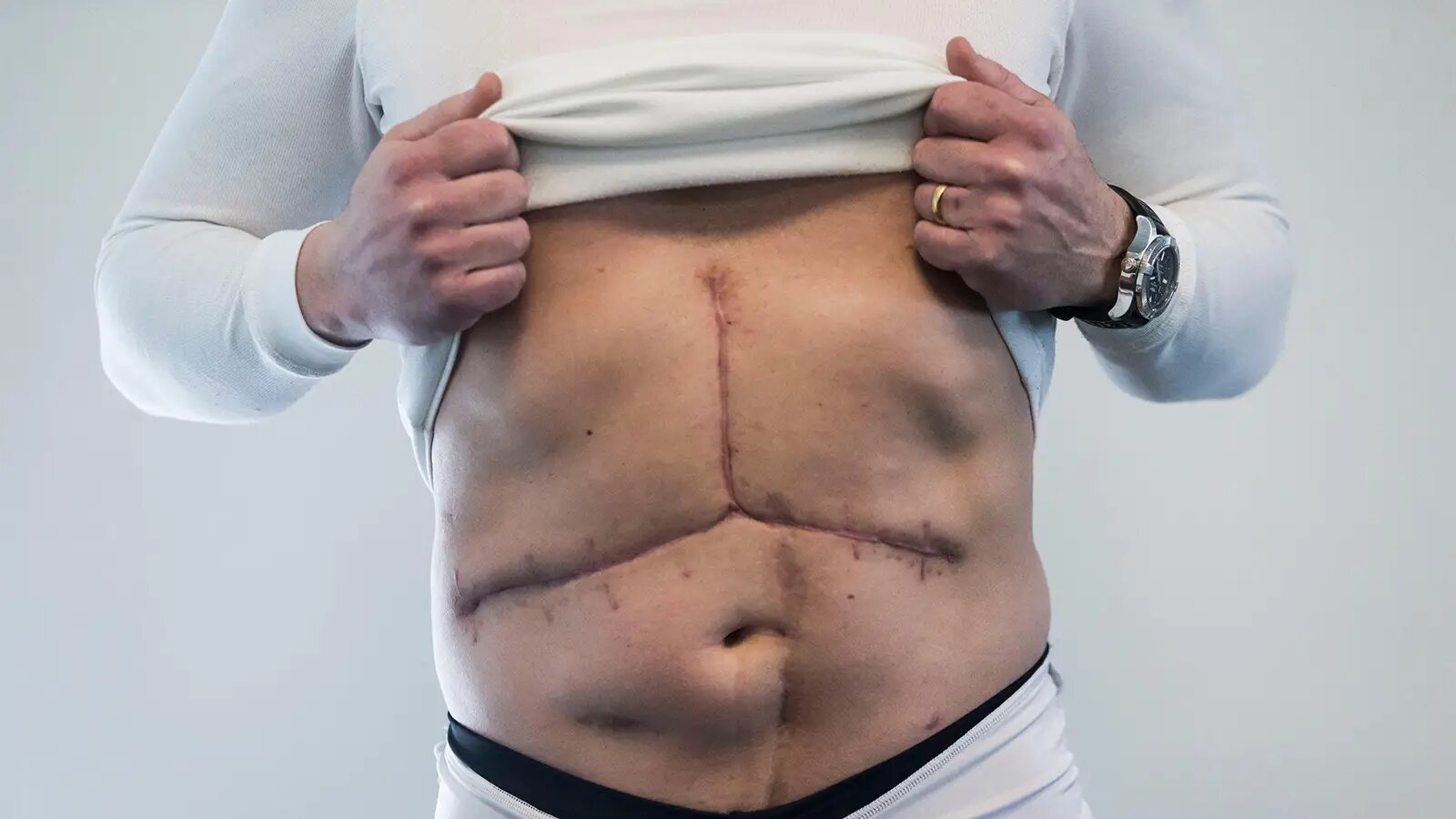Liver transplantation is a complex and life-saving procedure, but it often comes with a risk of damaging the organ during the process. However, a recent study has uncovered a potential game-changer in this field. Scientists have identified a protein called CEACAM1 that plays a significant role in shielding the liver from harm during transplantation. This newfound understanding could pave the way for more successful procedures and improved outcomes for patients.
The research, conducted by a dedicated team of experts, has unveiled the molecular mechanisms underlying CEACAM1's protective abilities. By manipulating gene splicing and utilizing molecular tools, the researchers were able to enhance CEACAM1's protective effects. This promising approach led to reduced organ damage and better results after transplantation.
A crucial challenge during liver transplantation is the restoration of blood supply to an organ that previously had no oxygen. This process, while necessary, can trigger inflammation and tissue damage, commonly known as ischemic reperfusion injury. This study shed light on a potential solution to this problem, offering hope for minimizing this harm.
One of the key players identified in this study is Hypoxia Inducible Factor 1 (HIF-1), a protein responsible for regulating oxygen consumption. The researchers found that HIF-1 plays a pivotal role in activating CEACAM1-S, a specific version of CEACAM1 that helps limit cellular injury and enhance liver function in mice. Remarkably, the connection between CEACAM1-S and HIF-1 also proved to be a predictor of successful liver transplantation outcomes and improved immune function in human donor livers.
The study revealed an intriguing gene expression pathway called alternative splicing, which cells activate in response to oxygen stress and danger. This pathway enables cells to increase protein diversity, aiding in coping with inflammation and injury. When cells sense low oxygen levels, HIF-1 steps in to regulate a key RNA splicing factor called Polypyrimidine tract-binding protein 1 (Ptbp1). This regulation directs the splicing of the CEACAM1 gene, resulting in the protective CEACAM1-S version that helps mitigate liver injury caused by transplantation.
Excitingly, the researchers conducted animal studies using a molecule called DMOG to stabilize HIF-1 even under normal oxygen conditions. This approach effectively boosted the protective CEACAM1-S version, showcasing a potential therapeutic method for future investigations.
The potential of CEACAM1-S doesn't stop there. It could serve as a marker of liver quality and might offer therapeutic benefits for transplantation or acute liver injury. The researchers are now focusing on testing this concept by studying tissue perfusion in suboptimal human livers that were preserved under extended cold storage conditions.
The study's lead author, Kenneth Dery, expressed enthusiasm about the future possibilities. He noted that numerous genes likely undergo alternative splicing in response to the stress of liver transplantation. By comprehensively understanding these splicing changes, researchers hope to rejuvenate donor organs and alleviate organ shortages, ultimately revolutionizing the field of transplantation.
This groundbreaking study suggests that harnessing the power of CEACAM1-S could bring in a new era of safer and more successful liver transplants. By tapping into the intricate mechanisms that protect the liver from damage, scientists are taking significant strides towards improving the lives of countless patients awaiting life-changing organ transplants.
This study’s findings were published online in Science Translational Medicine.

 Harnessing the power of CEACAM1-S could bring in a new era of safer and more successful liver transplants. By tapping into the intricate mechanisms that protect the liver from damage, scientists are taking significant strides towards improving the lives of countless patients awaiting life-changing organ transplants.
Harnessing the power of CEACAM1-S could bring in a new era of safer and more successful liver transplants. By tapping into the intricate mechanisms that protect the liver from damage, scientists are taking significant strides towards improving the lives of countless patients awaiting life-changing organ transplants.










.jpeg)

.jpeg)
.jpeg)

.jpeg)


.jpeg)



.jpeg)
.jpeg)
.jpeg)


.jpg)


.jpeg)
.jpeg)